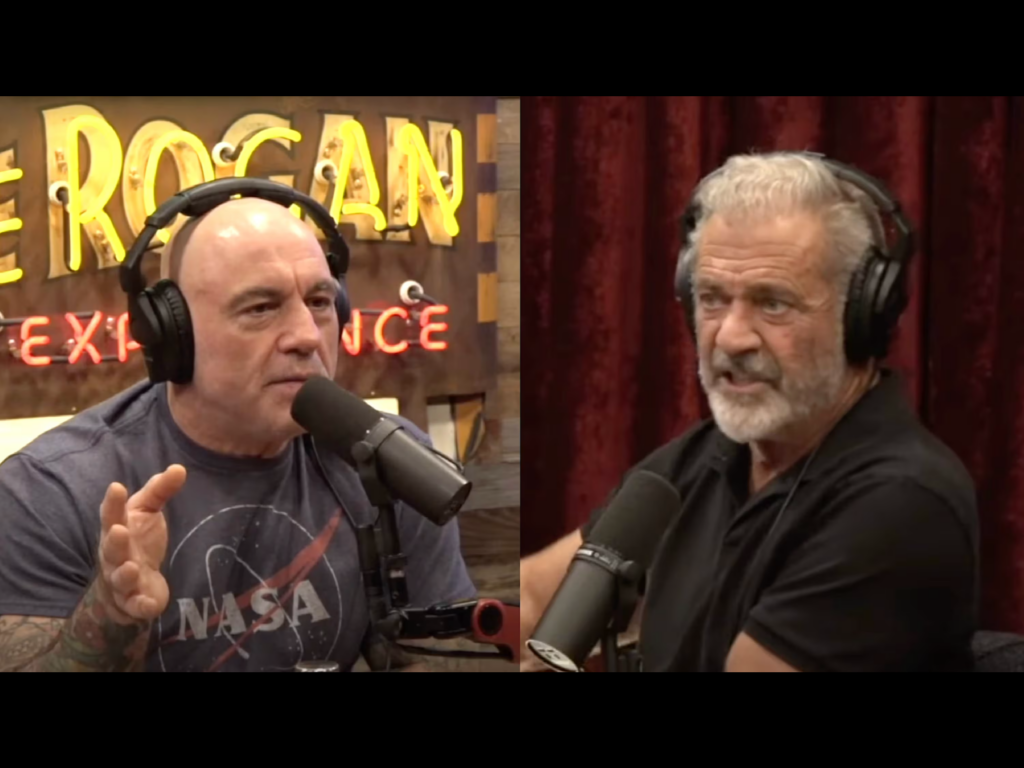
The Oscar nominations are out, and the film industry is gearing up for its biggest night.
But outside the Dolby Theatre, Los Angeles is suffocating. California’s wildfires are raging worse than ever, with thousands displaced, homes destroyed, and billions in damage.
Yet Hollywood presses on with its glittering spectacle.
This year, the Academy has a chance to do something unprecedented: cancel the Oscars.
It would send a message that the industry values more than branding and self-congratulation. It would be a true act of sacrifice in a state desperately in need of real action.
The Oscars aren’t cheap. The ceremony costs tens of millions, much of it taxpayer-supported. That money should be diverted to wildfire relief, helping displaced families and rebuilding communities.
Instead of red carpets and gift bags, stars could use their platforms to highlight the crisis.
California’s fires have already burned over 3 million acres this year, with damages topping $15 billion. Thousands have no homes to return to.
Meanwhile, Hollywood’s awards season carries on, selling movies and streaming subscriptions as if the crisis were just another backdrop.
Canceling the ceremony wouldn’t solve climate change or extinguish flames, but it would mark a turning point.
For too long, Hollywood has relied on speeches and symbolic gestures to address global crises. This would show real leadership.
The Oscars have survived wars and pandemics. But maybe survival isn’t enough anymore.
It’s time for Hollywood to let go of its golden idols and focus on something bigger.
Cancel the show. That’s an ending worth celebrating.


